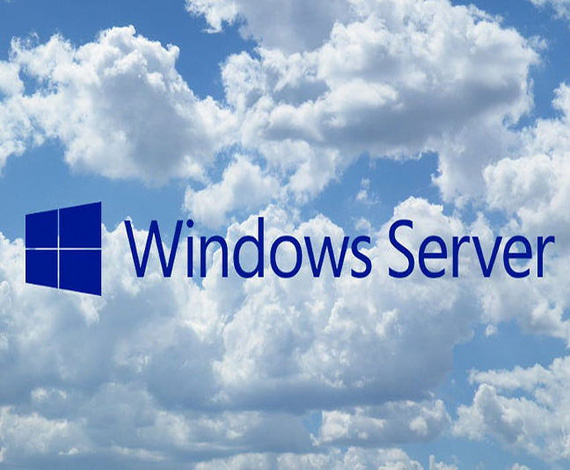Windows Servers are a cornerstone of modern IT infrastructure, offering a robust and versatile platform for organizations. These servers provide centralized management through features like Active Directory, facilitating streamlined user authentication and resource organization. With powerful file and print services, Windows Servers enable efficient collaboration and resource sharing across networks. Their security features, including firewalls and access controls, ensure a secure computing environment. Windows Servers support remote access and VPN functionality, enabling users to connect securely from different locations. They excel in hosting applications, web services, and databases, making them indispensable for businesses’ data-driven operations. Group Policy management allows for consistent security settings and configurations across the network. Windows Servers seamlessly integrate with the Microsoft ecosystem, fostering compatibility with other Microsoft products and services. Their scalability, resource optimization, and backup and recovery services contribute to a reliable and adaptable IT infrastructure. In essence, Windows Servers are a cornerstone in creating a resilient, secure, and efficiently managed computing environment for organizations.
Windows Servers

Advanced Solutions For Windows Servers
Windows Servers are essential for various reasons, and they play a crucial role in supporting the IT infrastructure of organizations. Here are key reasons why Windows Servers are needed:
